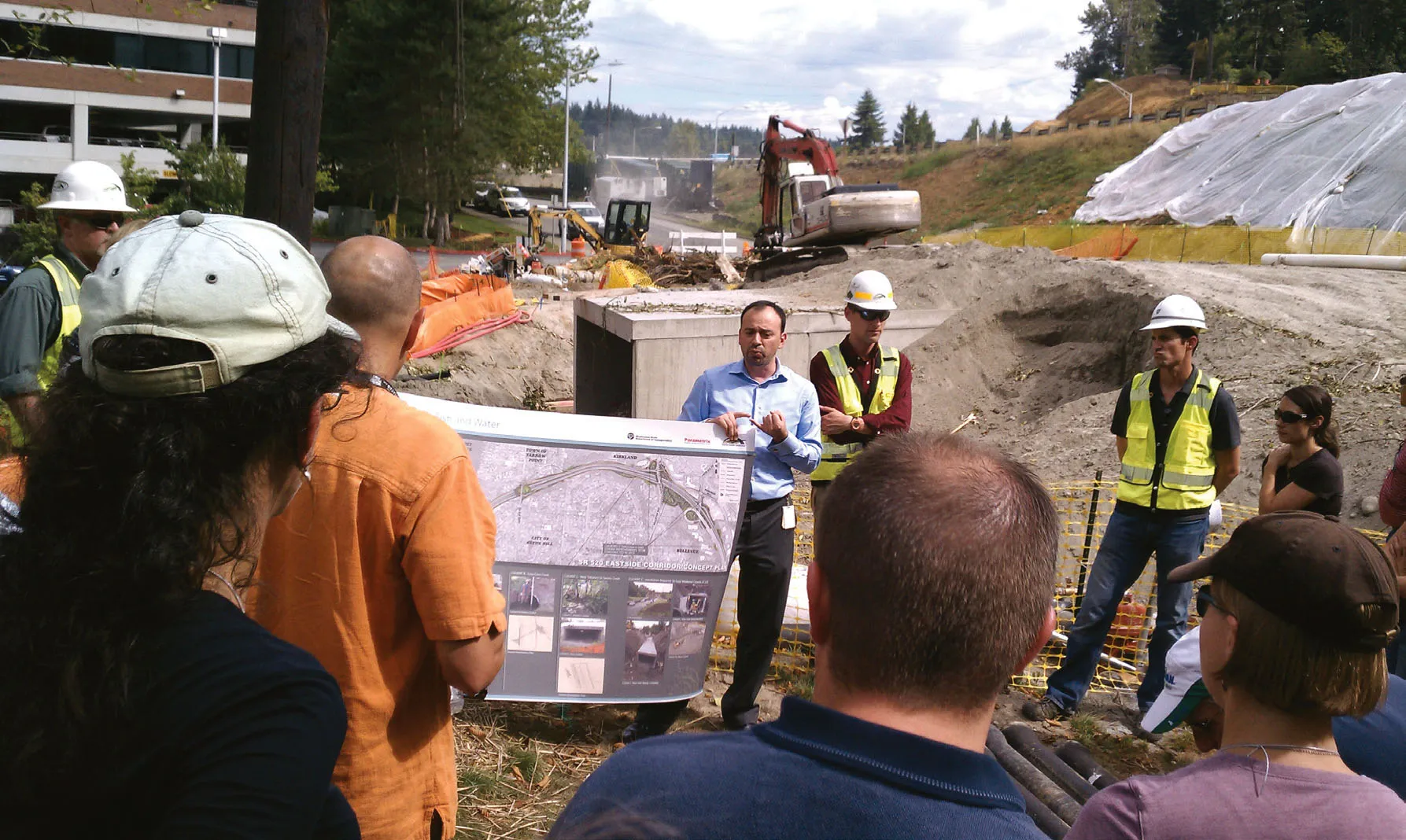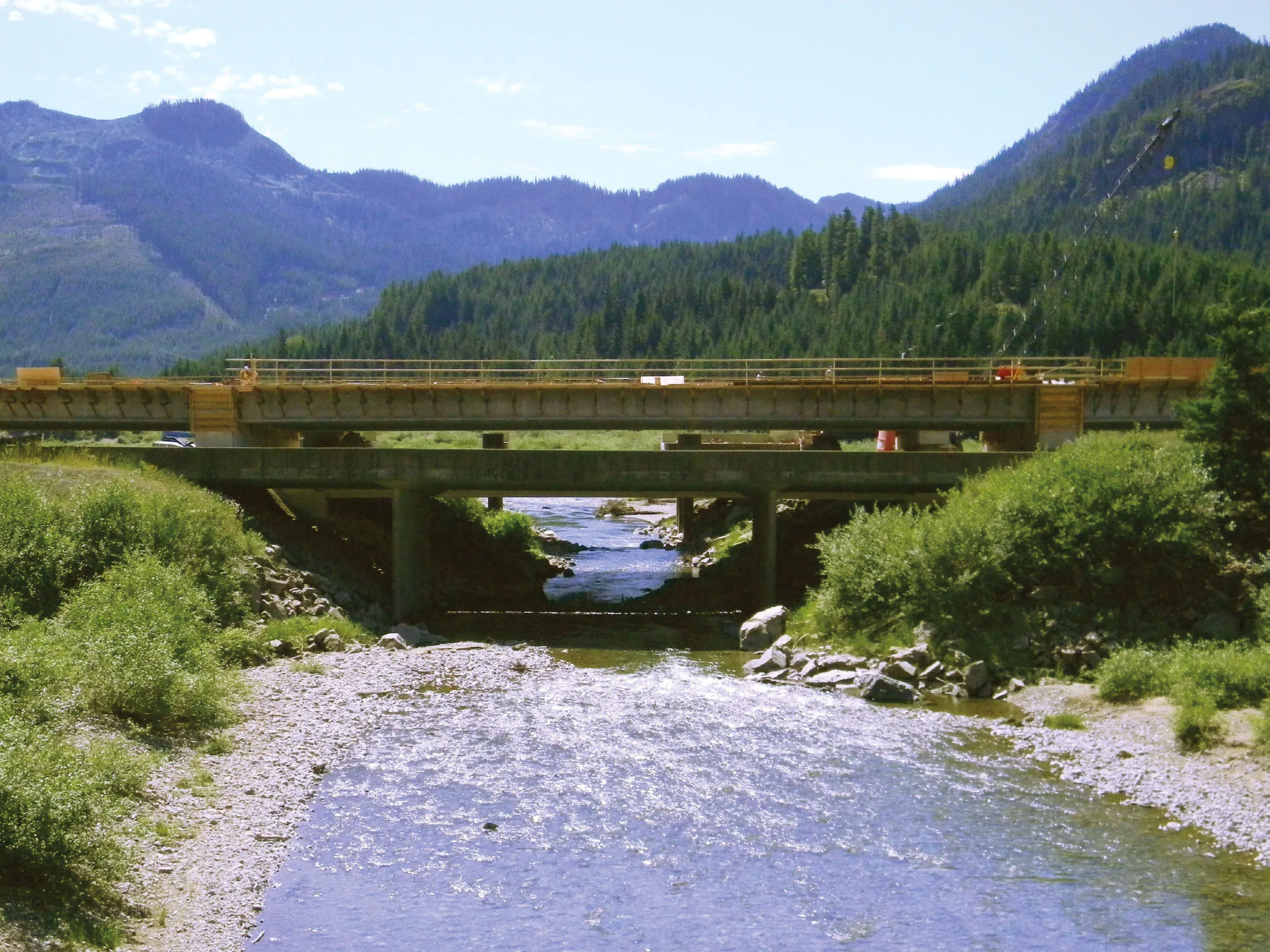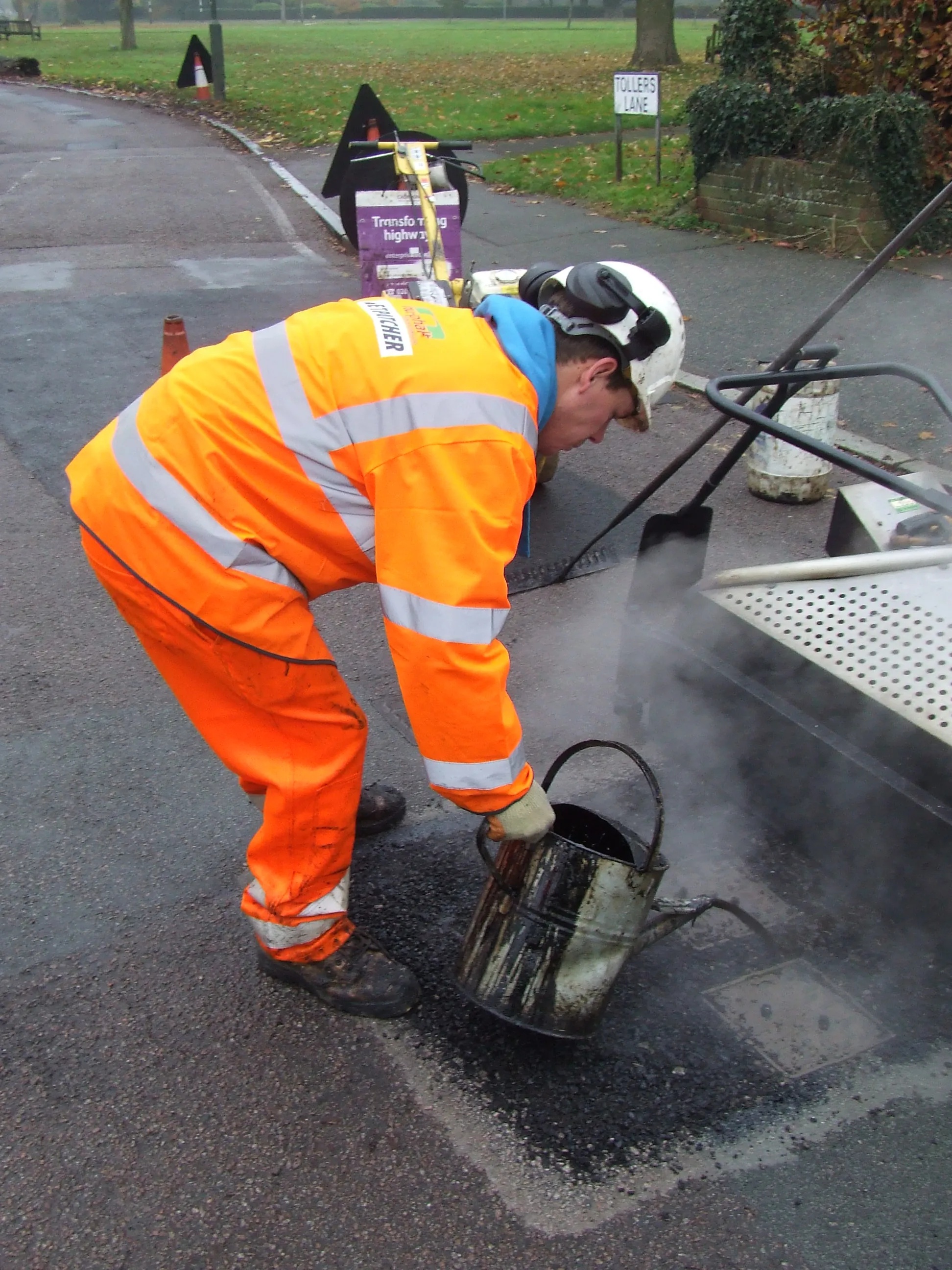UK local authorities and other organisations must be “bold and brave” in their structuring of repair and maintenance works, delegates at a key road engineering conference in Birmingham, central England were told. Speaking at the Developments in Pavement Assessment (DIPA 2012) event Les Hawker, highways manager at Transport for London (TfL), said: “There is no extra money and only 20% of the [Government budget] cuts have taken place so far. Over the next five years the other 80% of cuts will come through. Or
July 24, 2012
Read time: 3 mins
RSSUK local authorities and other organisations must be “bold and brave” in their structuring of repair and maintenance works, delegates at a key road engineering conference in Birmingham, central England were told.
Speaking at the Developments in Pavement Assessment (DIPA 2012) event Les Hawker, highways manager at2387 Transport for London (TfL), said: “There is no extra money and only 20% of the [Government budget] cuts have taken place so far. Over the next five years the other 80% of cuts will come through. Organisations, including local authorities and contractors, have to be bold and brave in terms of their structuring of work.”
Director of environment and transport at Leicestershire County Council, Matthew Lugg, said the council’s decision to turn off thousands of street lamps across Leicestershire between midnight and 5am since 2010, and dim hundreds more between 7pm and 7am, was saving vital funds.
“We’ve had support from the public,” he said. “Everything we have done has gone through individual parishes. It’s the sort of thing we need to do in the current economic climate.”
During the recent one-day event organised by2929 Fugro Aperio, Hawker also asked a panel of fellow senior highway maintenance specialists whether a lack of new engineering blood in local authority highway maintenance departments was having an impact on non-Highways Agency maintained road and associated infrastructure standards.
He said: “In days of investment there was always people coming into the profession and it did not affect the level of service. Unfortunately now I’m seeing people retiring and posts are being removed by local government. How do we address that? How do you deliver better services when there are no longer those experts? In London, there are boroughs which no longer have a light engineer.”
In response Lugg, who is also a special advisor to the HMEP (Highways Maintenance Efficiency Programme) at the Department of Transport, said: “Increasingly smaller authorities are not going to be able to retain the level of expertise that they had before because of cost. I think there will be more sharing of services across a wider area. For example, Wakefield [Metropolitan District Council] is buying in bridge engineering staff from Leeds [City Council].
“In my local authority I’ve not cut my [staff] training programme at all. At a time of recession you want better multi-skilled people. We are taking on graduates through an accredited scheme. You cannot turn the [employment] tap off completely.”
Amanda Richards, chair of the Interim Road Condition Steering Group, who gave DIPA 2012 delegates a presentation on the future role of UKPMS (UK Pavement Management System), said professional service contractors would have to be utilised more to make up for dwindling in-house engineering expertise, with local authorities left to “buy in” services when they needed them.
Meanwhile Herbert Micallef, asset investment planner at Transport for London (TfL), said there needed to be a “serious culture change” in the public sector. “To do more - that’s number one,” he added. “There will be centrally driven standards, such as what the HMEP (Highways Maintenance Efficiency Programme) is doing, for others to follow.”
Speaking at the Developments in Pavement Assessment (DIPA 2012) event Les Hawker, highways manager at
Director of environment and transport at Leicestershire County Council, Matthew Lugg, said the council’s decision to turn off thousands of street lamps across Leicestershire between midnight and 5am since 2010, and dim hundreds more between 7pm and 7am, was saving vital funds.
“We’ve had support from the public,” he said. “Everything we have done has gone through individual parishes. It’s the sort of thing we need to do in the current economic climate.”
During the recent one-day event organised by
He said: “In days of investment there was always people coming into the profession and it did not affect the level of service. Unfortunately now I’m seeing people retiring and posts are being removed by local government. How do we address that? How do you deliver better services when there are no longer those experts? In London, there are boroughs which no longer have a light engineer.”
In response Lugg, who is also a special advisor to the HMEP (Highways Maintenance Efficiency Programme) at the Department of Transport, said: “Increasingly smaller authorities are not going to be able to retain the level of expertise that they had before because of cost. I think there will be more sharing of services across a wider area. For example, Wakefield [Metropolitan District Council] is buying in bridge engineering staff from Leeds [City Council].
“In my local authority I’ve not cut my [staff] training programme at all. At a time of recession you want better multi-skilled people. We are taking on graduates through an accredited scheme. You cannot turn the [employment] tap off completely.”
Amanda Richards, chair of the Interim Road Condition Steering Group, who gave DIPA 2012 delegates a presentation on the future role of UKPMS (UK Pavement Management System), said professional service contractors would have to be utilised more to make up for dwindling in-house engineering expertise, with local authorities left to “buy in” services when they needed them.
Meanwhile Herbert Micallef, asset investment planner at Transport for London (TfL), said there needed to be a “serious culture change” in the public sector. “To do more - that’s number one,” he added. “There will be centrally driven standards, such as what the HMEP (Highways Maintenance Efficiency Programme) is doing, for others to follow.”








